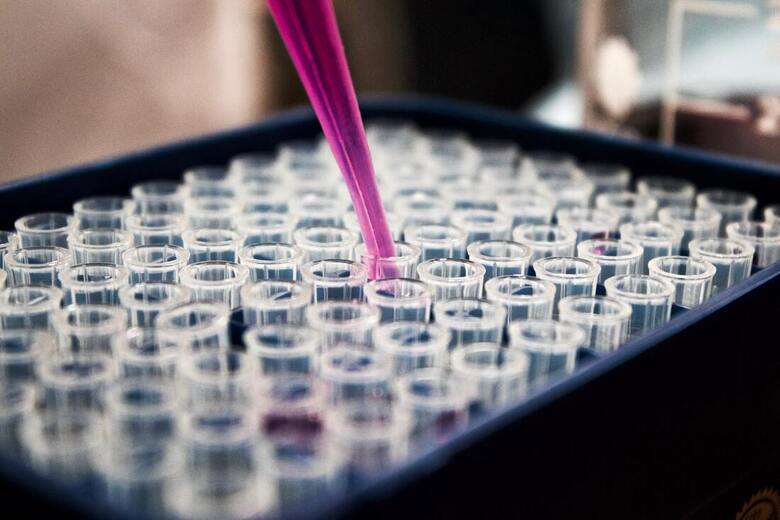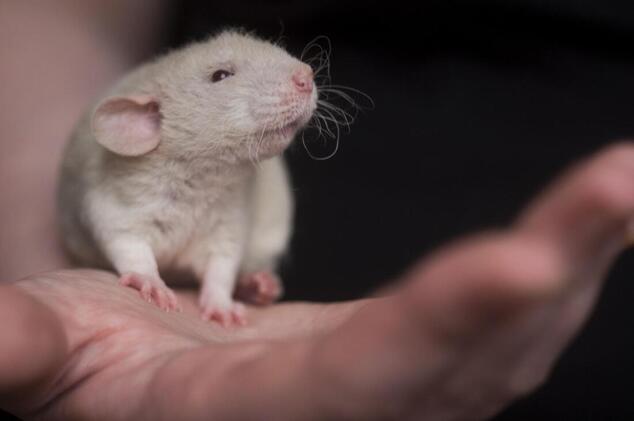Could Your Poop Help Solve Psychiatric Problems?
In recent years, scientists have begun researching the possibility of improving gut health using fecal microbiota transplants (FMT). This process requires implanting the feces of a person with a healthy digestive tract into a recipient. The purpose of this transfer is usually to restore crucial bacteria to the gut after a course of antibiotics, which are drugs used to treat certain bacterial infections and can be taken for a variety of illnesses. Antibiotics kill the harmful bacteria causing illnesses, but the process of taking an antibiotic course can also kill beneficial bacteria in the gut; FMT can help restore these bacteria, and has also been used to treat Clostridium difficile and irritable bowel syndrome (IBS). However, the procedure is still a highly experimental procedure, meaning that it has not been studied extensively and needs more testing before it can become a widely available treatment. The procedure is usually conducted through an enema, endoscopy, or oral pill.
Since evidence has shown that the gut microbiota have many roles in communicating with the immune and nervous systems, researchers have tried to assess the connection between the digestive tract and the brain, also referred to as the Gut-Brain-Axis (GBA). These interactions have been linked with many psychiatric illnesses, such as depression, anxiety, or eating disorders. To examine this further, psychiatric specialists at Queen’s University in Canada conducted a systematic review of studies involving FMT to see if this procedure could indeed prevent or treat psychiatric conditions.
Since evidence has shown that the gut microbiota have many roles in communicating with the immune and nervous systems, researchers have tried to assess the connection between the digestive tract and the brain, also referred to as the Gut-Brain-Axis (GBA). These interactions have been linked with many psychiatric illnesses, such as depression, anxiety, or eating disorders. To examine this further, psychiatric specialists at Queen’s University in Canada conducted a systematic review of studies involving FMT to see if this procedure could indeed prevent or treat psychiatric conditions.
Image Source: SamuelFrancisJohnson
After searching through five research databases, these researchers found 28 studies that met their criteria to be included in the review. These studies combined a mix of preclinical and clinical studies involving donations from humans to mice, mice to mice, and humans to humans. Overall, in each of the three cases, these studies showed fecal transplants from healthy subjects to subjects with IBS and/or anxiety yielded an improvement in IBS symptoms as well a decrease in anxious and depressive symptoms. Similarly, fecal transplantation from anxious humans showed an increase in anxiety symptoms in healthy rodent recipients. When human donors dealt with substance abuse issues, then symptoms of alcohol withdrawal were transmitted to the mice recipients.
Despite some of the promising research, this study still has many limitations. FMT is still not widely researched, not FDA-approved, and it should be performed by FMT-trained medical professionals. These studies also all had relatively small sample sizes, indicating that these studies should be replicated with a larger test population. Additionally, it is unclear which specific bacteria in the gut contribute to these results, so further research should aim to isolate them and produce more targeted therapies. Furthermore, most recipients would need a healthy individual very close to them, such as a spouse or family member, to consent to donating their fecal sample. The ideal donor would live in similar conditions and be exposed to similar bacteria; otherwise, foreign bacteria from a random donor could disrupt normal gut function and exacerbate issues in a recipient. Ultimately, this research must be developed further before it could be applied to a wide variety of patients, but there is hope that a more advanced version of this procedure could be used to treat disease in the future.
Despite some of the promising research, this study still has many limitations. FMT is still not widely researched, not FDA-approved, and it should be performed by FMT-trained medical professionals. These studies also all had relatively small sample sizes, indicating that these studies should be replicated with a larger test population. Additionally, it is unclear which specific bacteria in the gut contribute to these results, so further research should aim to isolate them and produce more targeted therapies. Furthermore, most recipients would need a healthy individual very close to them, such as a spouse or family member, to consent to donating their fecal sample. The ideal donor would live in similar conditions and be exposed to similar bacteria; otherwise, foreign bacteria from a random donor could disrupt normal gut function and exacerbate issues in a recipient. Ultimately, this research must be developed further before it could be applied to a wide variety of patients, but there is hope that a more advanced version of this procedure could be used to treat disease in the future.
Featured Image Source: Louis Reed
RELATED ARTICLES
|
Vertical Divider
|
Vertical Divider
|
Vertical Divider
|






